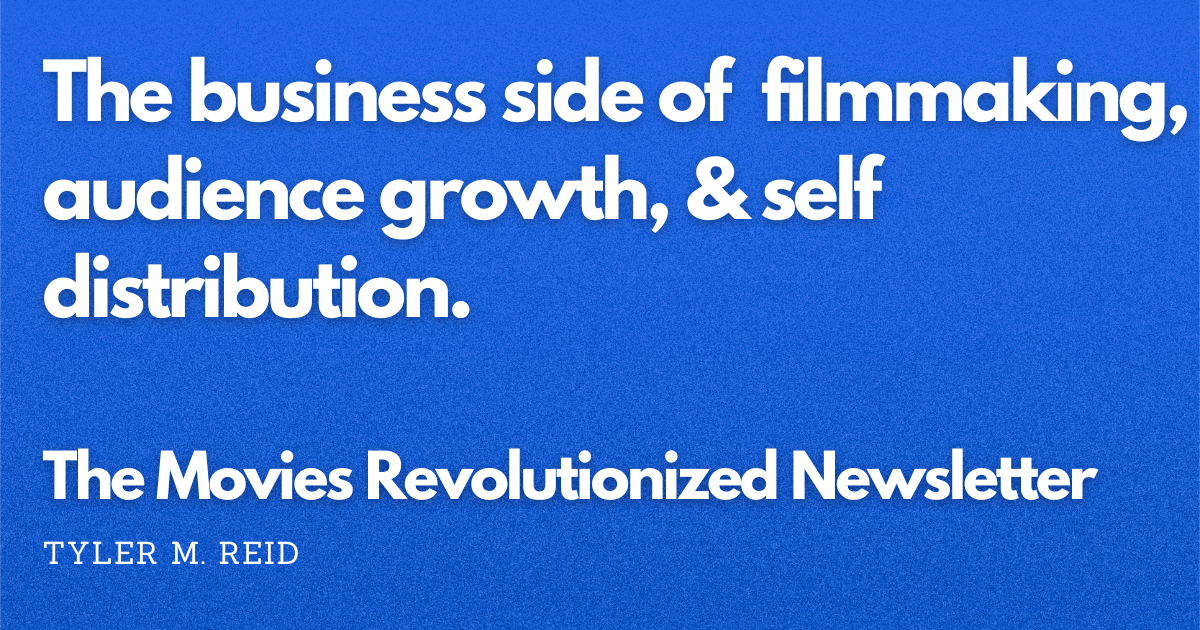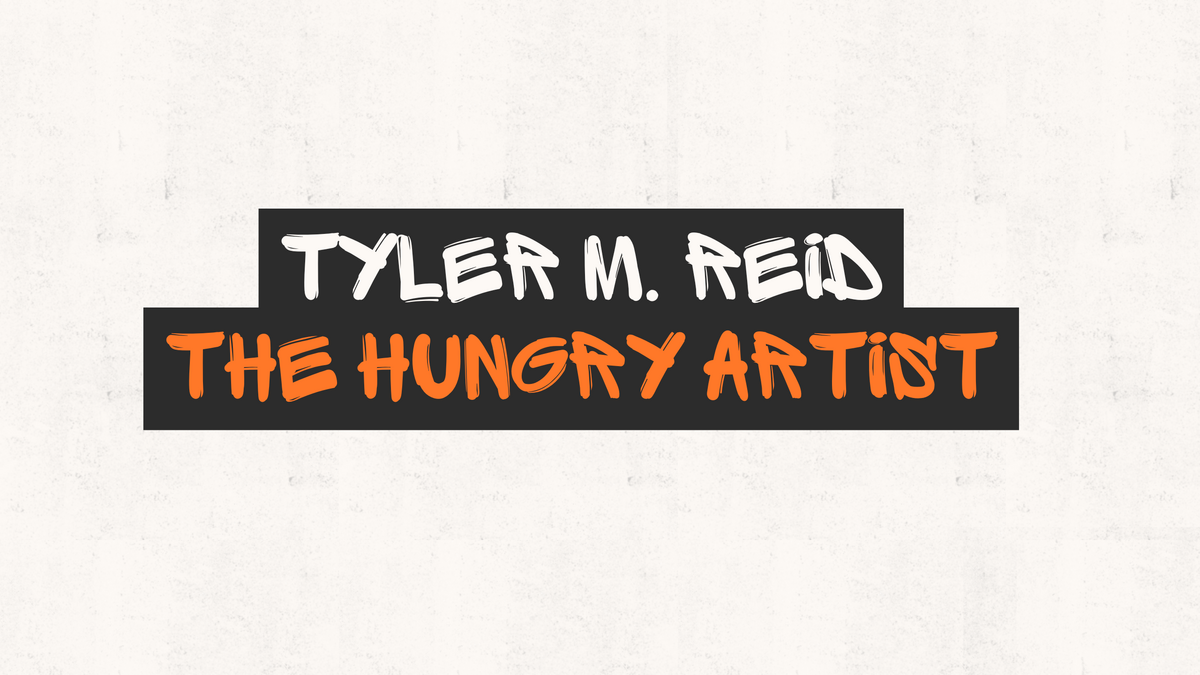The words you use matter
A lot of filmmakers talk about their films on LinkedIn.
Which is great. You should. That’s how people get to know what you’re building and how you think.
But I keep noticing something.
When people talk about what’s going on in their careers, I usually see two kinds of posts.
Some people talk about how hard it is to raise money.
How other producers are doing things wrong.
How frustrating and unfair the industry feels in general.
Then there are others talking about those same things, but from a completely different place.
They talk about how they’re working to overcome the struggle of raising money, or how they are troubleshooting through the problem.
How they want to operate as producers without comparing themselves to others.
How they’re finding ways to survive and grow in an ever-changing industry and landscape.
Same struggles. Different tone.
And that tone says a lot.
One signals negativity and collapse under pressure. Probably not someone I’d want to fund, work with, or see as a leader in this space.
The other signals positivity and problem solving. Someone who’s figuring things out. Someone I’d want to back, collaborate with, or at least keep an eye on.
Both are talking about the exact same issues, but the way they talk about them changes everything.
And it matters, because your words shape how people see you.
You can talk about a setback without sounding bitter.
You can talk about rejection without sounding defeated.
You can talk about how tough the industry is while still sounding like you’re learning and moving forward.
LinkedIn is kind of a billboard for who we are. Every post, every comment, every word tells people something about how we handle pressure and whether we bring solutions or problems. You never know who is actually looking at your post. You only see the Likes and Comments, but hundreds of other people are seeing what you write and you are sending them a signal.
One signal says back away.
Another signal says come forward.
We’re all dealing with the same things.
Projects that fall apart. Investors who go quiet. Festivals that pass. Budgets that shrink.
The difference isn’t what we face. It’s how we talk about it.
You can say,
“It’s impossible to get an indie film funded right now. Nobody’s taking risks.”
Or you can say,
“It’s getting harder to find investors for indie films, so I’ve been rethinking how I approach partnerships and early packaging.”
Same reality. Two totally different signals.
One says you’re stuck. The other says you’re adapting.
And that difference in language can be the difference between someone scrolling past your post or someone wanting to meet you.
It’s not about pretending everything’s fine. It’s about showing that you’re in motion. That you’re learning, growing, and still creating even when things get tough.
That’s the kind of tone that builds trust. And in filmmaking, trust is everything.
So before you hit “post,” ask yourself:
What are my words signaling?
Are they showing that I’m frustrated, or that I’m working through it?
That I’m complaining, or that I’m learning?
That I’m collapsing, or that I’m growing?
Because your words don’t just describe your career.
They shape it.
The Gold standard for AI news
AI keeps coming up at work, but you still don't get it?
That's exactly why 1M+ professionals working at Google, Meta, and OpenAI read Superhuman AI daily.
Here's what you get:
Daily AI news that matters for your career - Filtered from 1000s of sources so you know what affects your industry.
Step-by-step tutorials you can use immediately - Real prompts and workflows that solve actual business problems.
New AI tools tested and reviewed - We try everything to deliver tools that drive real results.
All in just 3 minutes a day



